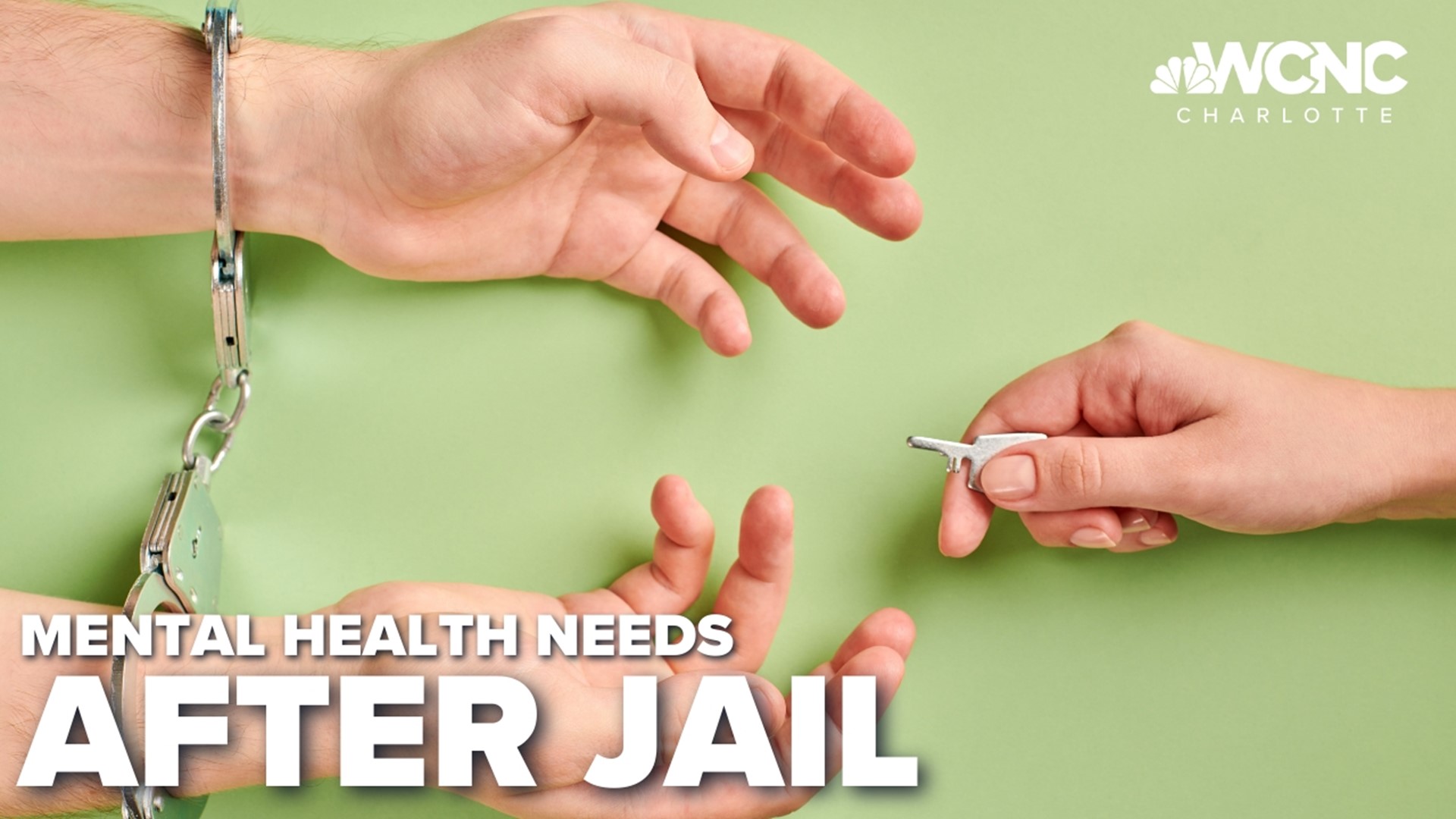CHARLOTTE, N.C. — Moves to reduce crime in communities must prioritize mental health resources, mental health advocates say.
In Charlotte, certain sectors of crime are rising, according to the latest quarterly crime statistics from the Charlotte-Mecklenburg Police Department.
The department's report from October showed overall crime up 4.5% from the same time last year. Homicides were up 25%. Burglaries were up 22%, and vehicle thefts and robberies were up 17% and 6%, respectively.
While causes of crime are myriad, Caroline Caldwell, Director and CEO of New Mind Health and Care, said tackling the problem must, in part, address the mental health aspects of it. The former U.S. corrections officer and current offender reentry specialist said unmet mental health needs due to lack of resources is an important factor.
"Communities have said we don't have the resources, let the jails handle it," Caldwell said.
Caldwell likens the criminal justice and mental health situation to "a Catch-22."
"We have people who are mentally ill," Caldwell said. "We have a lack of access and availability of mental health care. We have them increasing in symptomology as a result of this lack of care, sometimes causing crimes or behavior that people are criminalizing. Then, they get in the criminal system where there is no care."
A Stanford University Institute for Economic Policy Research policy brief states, "people with mental illness are significantly over-represented in jails and prisons," citing research showing more than one-third of inmates receive a mental illness diagnosis before incarceration.
"If it were my utopia, we will have at least six community mental health center centers in every city," Caldwell said, noting that people who care need to advocate for these policy changes. "We will have what we call step-up care... people could be treated and then have less restriction in their lives."
A major stumbling block to allocating these resources, Caldwell said, is the fact that mental illness is not as widely accepted as other illnesses -- like cancer or diabetes -- as a real health condition.
"I just want people to understand that mental illness is equal to cancer, equal to diabetes... equal to any physical illness that you can accept that requires treatment," Caldwell said. "You would not deny a diabetic insulin, would not deny a schizophrenic person treatment and medication, would not deny a bipolar person treatment and medication."
Contact Vanessa Ruffes at vruffes@wcnc.com and follow her on Facebook, Twitter and Instagram.

